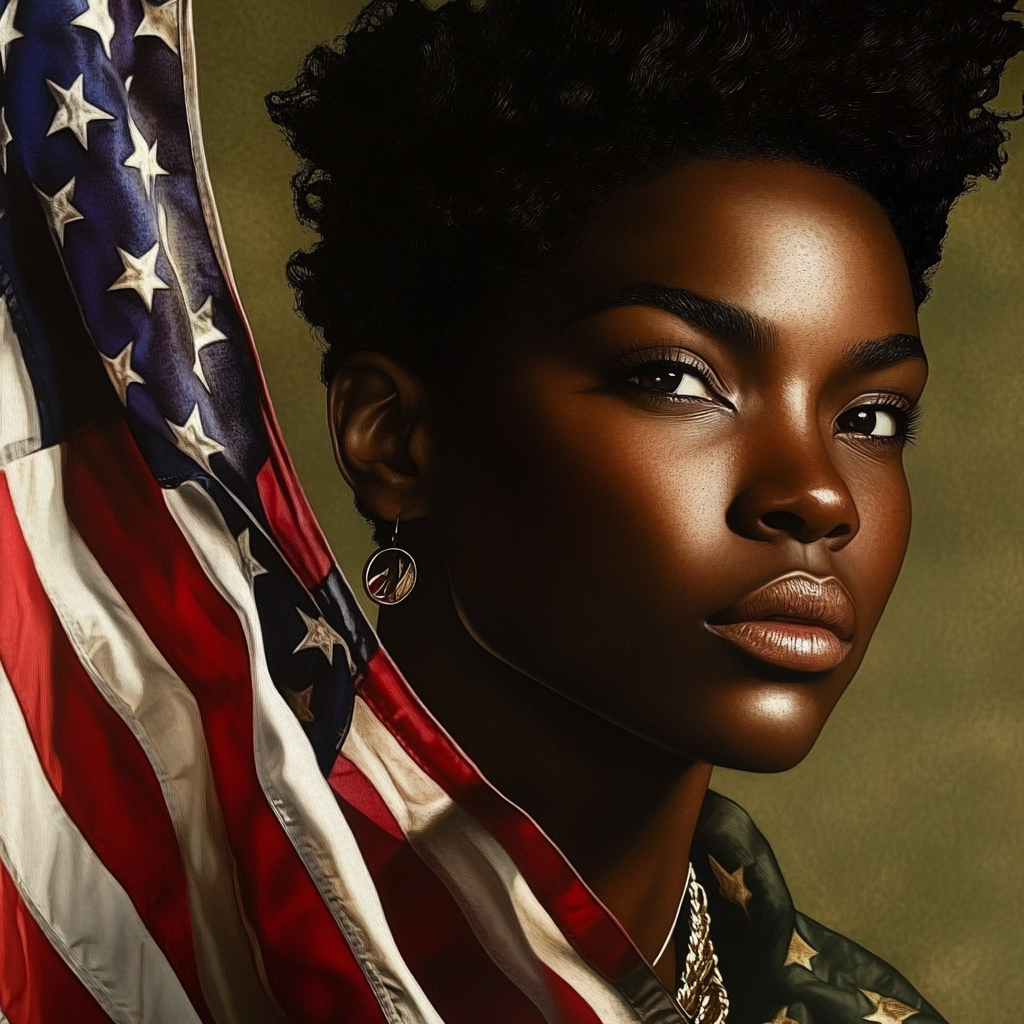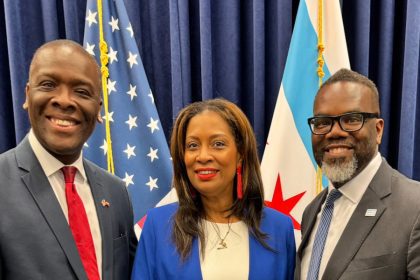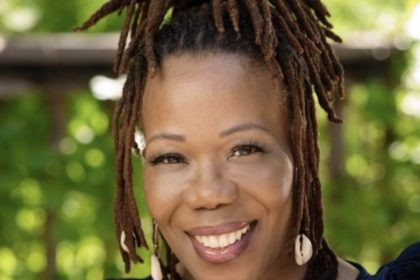The commemoration of Black history extends far beyond American shores, with nations worldwide establishing their own unique observances. While the United States of America marks Black History Month each February, countries across multiple continents have developed distinct traditions to honor Black excellence, achievement and cultural contributions. These celebrations reflect a growing global recognition of the profound impact Black communities have had on world history, culture and society.
Early foundations in North America
Canada emerged as an early adopter of formal Black history celebrations. Black Canadians contributions stretch back to the 1600s, though recognition came centuries later. The watershed moment arrived in 1995, when Jean Augustine, breaking barriers as the first Black Canadian woman in Parliament, successfully championed legislation establishing February as Black History Month. The movement began in Ontario through persistent advocacy from the Ontario Black History Society, eventually spreading nationwide.
Canadian celebrations emphasize education and community engagement, featuring school programs, cultural events and public exhibitions. These initiatives highlight historical figures like Mathieu Da Costa, the first recorded free Black person in Canada, and Mary Ann Shadd, the first Black woman publisher in North America. The observances also recognize modern achievements in fields ranging from science and technology to arts and literature.
European acknowledgment and growth
The United Kingdom pioneered European recognition of Black history celebrations in 1987, launching their observance in October. Ghanaian analyst Akyaaba Addai-Sebo initiated this tribute to African and African-descended peoples contributions to world civilization. British celebrations particularly emphasize the Windrush generation’s impact on modern British society while exploring centuries of Black British history predating this era.
Germany followed in 1990, becoming the second European nation to formally honor Black history. Organizations like Initiative Schwarzer Deutscher and Each One Teach One spearhead community engagement, focusing on Afro-German identity and diaspora history while confronting institutional racism. German observances have evolved to address both historical contributions and contemporary challenges faced by Black Germans, fostering dialogue about identity and belonging in modern German society.
The Netherlands joined this movement more recently, introducing Black Achievement Month in 2015. Their October celebration features performances and events highlighting Black communities contributions to Dutch society while maintaining connections to the global African diaspora. Dutch celebrations particularly emphasize artistic expression, featuring music, dance, theater and visual arts that showcase the vibrant cultural heritage of Black Dutch communities.
Latin American recognition
Panama dedicates May to Black heritage, culminating in National Black Heritage Day on May 31. This celebration commemorates African and Antillean arrivals contributions to Panamanian culture and society. Panamanian observances highlight the crucial role Black workers played in constructing the Panama Canal while celebrating broader cultural contributions to music, dance and cuisine. These celebrations emphasize the integral role of African-descended peoples in shaping national identity.
Costa Rica began honoring Black culture in the 1980s, initially marking August 31 as Black Peoples Day. This recognition has expanded into a month-long celebration, paying tribute to the 1920 First International Convention of the Negro Peoples of the World. Costa Rican celebrations particularly focus on the Caribbean cultural influence in the Limón province, recognizing how Black communities have enriched national culture through music, dance, food and language.
Southern hemisphere observance
Australia acknowledges its Indigenous peoples through Blak History Month each July. Officially proclaimed in 2008, this celebration focuses on Aboriginal and Torres Strait Islander peoples rich cultural heritage and ongoing contributions to Australian society. Australian observances emphasize the importance of preserving Indigenous languages, traditional knowledge and cultural practices while addressing historical injustices and promoting reconciliation.
Impact and significance
These diverse celebrations demonstrate how Black excellence transcends geographical boundaries and cultural differences. Each observance serves multiple purposes, preserving historical memory while inspiring future generations to continue advancing equality and recognition. The celebrations create spaces for critical dialogue about past struggles and current challenges while highlighting achievements and progress.
Contemporary relevance and evolution
Modern Black history celebrations increasingly incorporate digital elements, reaching broader audiences through virtual events and online resources. This technological adaptation has proved particularly valuable in maintaining community connections and educational initiatives during global challenges like the COVID-19 pandemic.
These observances also increasingly address intersectional issues, recognizing how race interacts with gender, class and other aspects of identity. This broader perspective helps create more inclusive celebrations that reflect the diversity within Black communities worldwide.
Educational impact and youth engagement
Schools and universities play crucial roles in these celebrations, developing curriculum materials and organizing events that engage young people with Black history and culture. These educational initiatives help counter historical omissions and misrepresentations while inspiring youth to embrace their heritage and pursue excellence in their chosen fields.
These celebrations balance traditional cultural preservation with contemporary expression, featuring both historical reenactments and modern artistic interpretations. This combination helps maintain cultural continuity while allowing for evolution and adaptation to changing times.
Looking forward
As these celebrations continue evolving, they maintain their fundamental purpose of honoring past achievements while inspiring future progress. They provide essential platforms for addressing ongoing challenges, celebrating current achievements and fostering the next generation of leaders and innovators in the continuing journey toward full equality and recognition.
The global nature of these observances reflects the universal significance of Black contributions to human civilization. While each country’s celebration maintains its unique character, together they form a powerful testament to the enduring impact of Black excellence across continents and cultures.
















